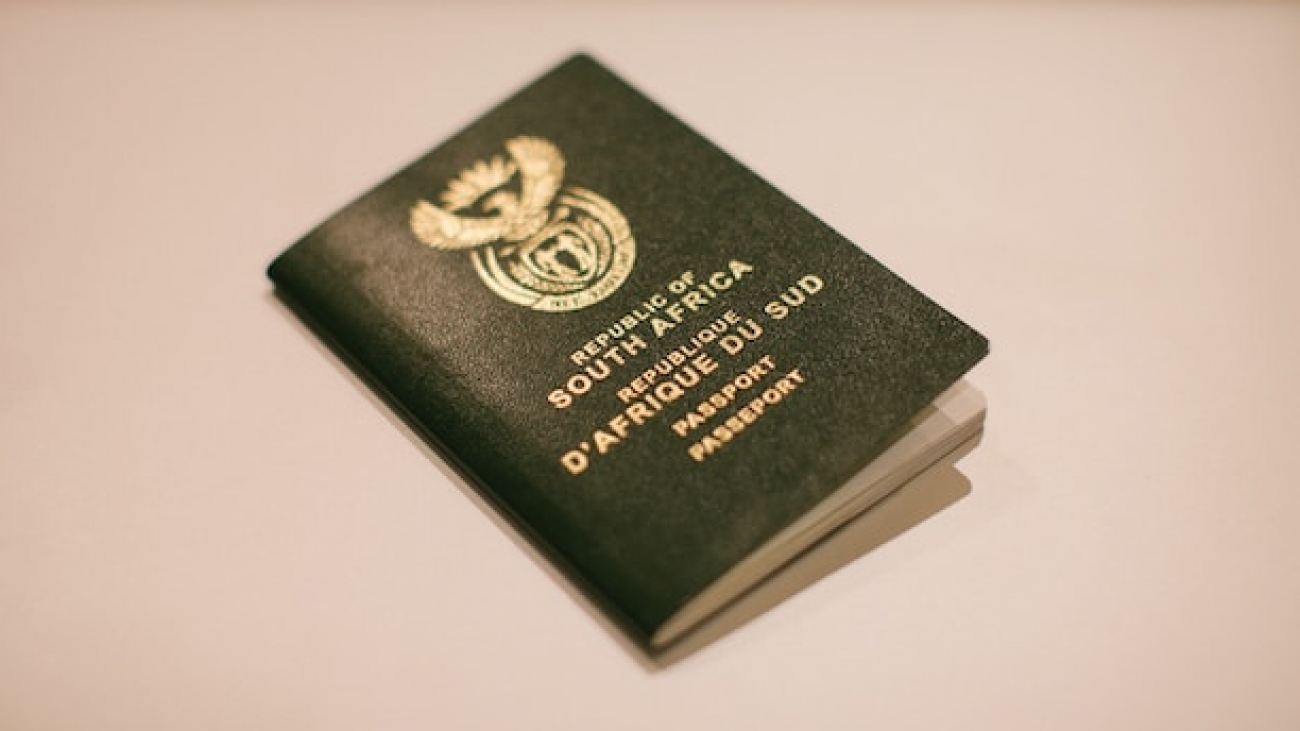When applying for a K-1 visa, there are several common pitfalls that applicants should be aware of in order to avoid potential issues or delays. Here are some of the most common pitfalls to watch out for:
- Insufficient Evidence of a Genuine Relationship: One of the primary requirements for a K-1 visa is to demonstrate a genuine relationship with your fiancé(e) who is a U.S. citizen. Insufficient evidence of a bona fide relationship can lead to a visa denial. It’s important to provide thorough documentation of your relationship, such as photographs together, communication records, travel itineraries, and evidence of joint financial responsibilities or cohabitation if applicable.
- Incomplete or Inaccurate Forms: Filling out the required forms, such as the Petition for Alien Fiancé(e) (Form I-129F), must be done accurately and completely. Missing information or errors can lead to processing delays or even a denial. Carefully review the instructions and seek assistance if needed to ensure accurate completion of all forms.
- Inadequate Proof of Meeting in Person: The K-1 visa requires evidence that you and your fiancé(e) have met in person within the two years prior to filing the petition. Failing to provide sufficient proof of meeting, such as travel itineraries, boarding passes, photographs together, or affidavits from witnesses, can result in a visa denial.
- Insufficient Financial Support: The U.S. petitioner must demonstrate the ability to financially support the foreign fiancé(e) upon their arrival in the United States. If the petitioner cannot provide evidence of meeting the minimum income requirements or obtaining a suitable joint sponsor, the visa application may be denied. It is crucial to gather the necessary financial documents, such as tax returns, pay stubs, and employment verification letters, to establish financial eligibility.
- Inadequate Preparation for the Embassy Interview: The interview at the U.S. embassy or consulate is a crucial step in the K-1 visa process. Inadequate preparation or providing inconsistent or incomplete information during the interview can lead to a denial. Make sure to thoroughly review your application, be familiar with the supporting documents, and practice answering potential interview questions to ensure confidence and accuracy during the interview.
- Failure to Maintain Communication and Updates: It’s important to maintain regular communication with the U.S. embassy or consulate throughout the visa process. Failing to respond to requests for additional documents or failing to provide updated information can result in processing delays or a visa denial. Stay proactive and promptly respond to any communication from the embassy or consulate.
Remember, each case is unique, and it’s advisable to consult with an immigration attorney or seek guidance from official U.S. government sources for the most accurate and up-to-date information regarding the K-1 visa application process to avoid potential pitfalls.

